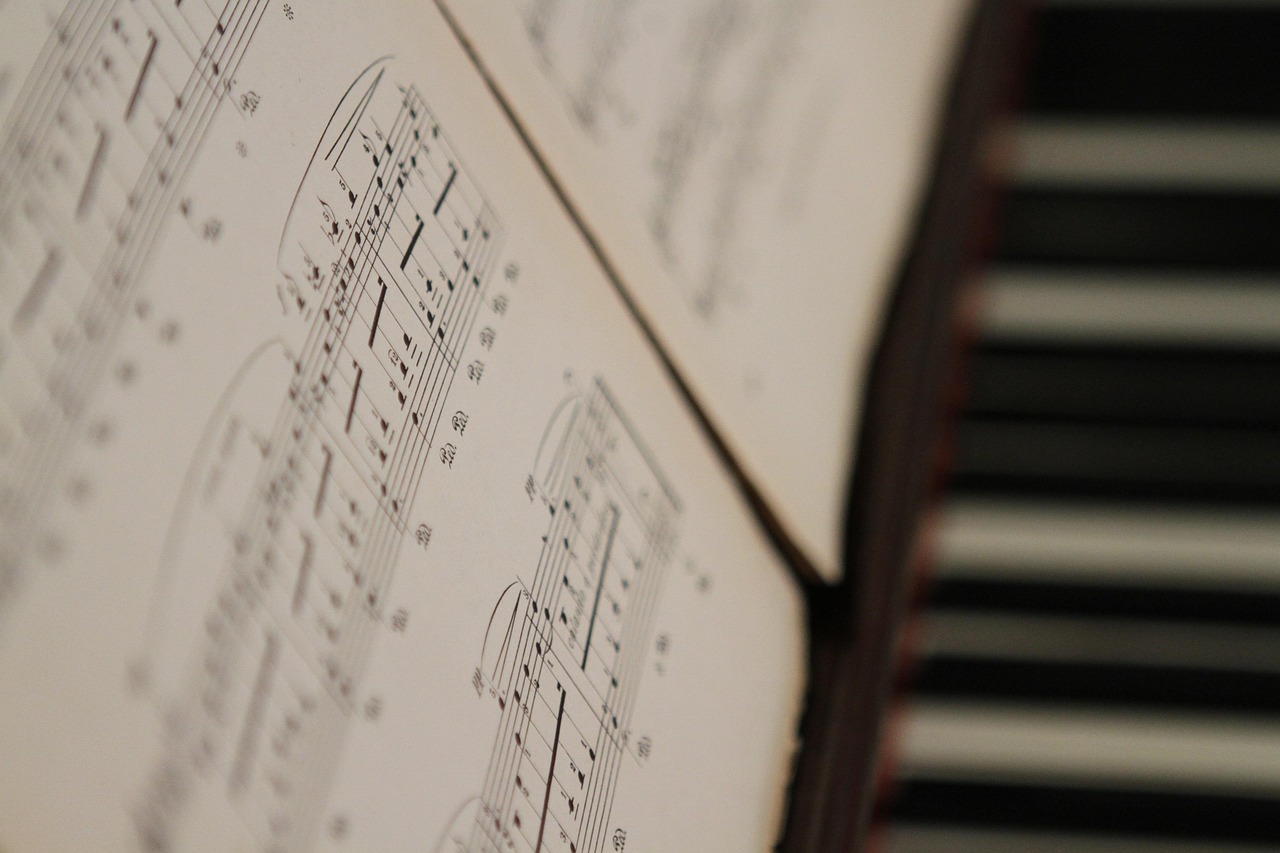Mental study: how to practice music without your instrument

Imagine this: You’re lying on your couch, your hands completely still, and yet—you’re practicing. And not just any kind of practice. You’re improving your technique, strengthening your memory, and refining your interpretation without touching your instrument.
Sounds like magic? It’s not. It’s mental practice, and it’s one of the most powerful tools a musician can develop.
Athletes use it to sharpen their skills without exhausting their bodies. Chess grandmasters play entire games in their heads. And elite musicians? They use it to learn faster, reduce mistakes, and even “play” when they don’t have access to their instrument.
It’s time to unlock the hidden power of your mind.
- Why Mental Study Works (And Why You’re Not Using It Yet)
Many musicians think real practice happens only when their hands are moving. But the truth is, your fingers don’t “learn” music—your brain does.
💡 Here’s the secret: Your brain doesn’t distinguish between a real and imagined movement. If you mentally rehearse a piece in vivid detail, your neural pathways strengthen almost as much as if you were physically playing.
That’s why athletes use visualization to perfect their technique before ever stepping onto the field. And why top musicians—pianists, violinists, even singers—use mental rehearsal to refine their performances away from their instrument.
✔️ It improves accuracy. You’re not relying on muscle memory alone.
✔️ It speeds up learning. No wasted energy on repetitive mistakes.
✔️ It prevents injuries. No strain, no overuse, just deep learning.
✔️ It saves time. You can practice anywhere—on a bus, in bed, or even while walking.
- Beginner’s Guide: How to Start Mental Practice
🧠 Step 1: “See” the Score in Your Mind
Start with a small section of music (4-8 bars). Close your eyes and visualize the score as if it’s in front of you. If it’s difficult, study the score first, then close your eyes and try again.
At first, your memory will be shaky—that’s normal. But over time, your brain will sharpen its ability to “see” music internally.
✔️ Advanced Tip: Try visualizing a piece without looking at the score. Can you mentally “see” where the notes are on the page?
👁 Step 2: Watch Your Hands in Your Mind
Now, imagine playing the piece—but only in your mind.
✔️ Feel your fingers moving across the keyboard, strings, or fingerboard.
✔️ See every detail—the motion, the articulation, the phrasing.
✔️ Imagine the exact physical sensations—how the keys feel, how the bow moves, how the breath flows.
🔹 Why this works: Studies show that visualizing a movement activates the same brain regions as physically performing it. Your body “learns” the motion even though you’re not moving.
🔹 Bonus: If you struggle with a tricky section, mentally slow it down and “watch” yourself playing it correctly. This rewires your brain for accuracy and control.
🎶 Step 3: Hear the Music in Your Mind (Auditory Training)
This is where time distortion kicks in—a powerful mental trick used by memory champions and elite performers.
✔️ Slow Motion Mode: Imagine playing the passage in slow motion, hearing every detail clearly.
✔️ Fast Forward Mode: Imagine performing at concert tempo—without hesitation.
✔️ Multi-Sensory Mode: Combine auditory and visual imagery—see the score, hear the music, and feel the movements all at once.
💡 Key Insight: If a passage is blurry in your mind, it’s probably not solid in your hands. This exposes weak areas before you ever touch your instrument.
🏆 Step 4: Test Your Accuracy (Reality Check)
After mentally rehearsing, go to your instrument and play the passage once.
✔️ Was it cleaner?
✔️ Were there fewer hesitations?
✔️ Did your brain already “know” what to do?
Chances are, you’ll feel more prepared than before.
- Supercharge Your Learning with These Mental Training Tricks
🔹 Practice in “Reverse” – Start imagining the piece from the last measure and move backward. This prevents memory slips.
🔹 Zoom In, Zoom Out – Shift between micro-details (one phrase) and big-picture structure (entire piece).
🔹 Silent Performance Test – “Play” an entire piece in your head before a concert. If you can do this, your memory is rock solid.
Final Thought: Train Your Mind, Master Your Music
Most musicians spend years training their fingers but never train their minds.
Yet mental study is the key to mastering difficult music faster, cleaner, and with less stress.
The best part? You can do it anywhere. No instrument? No problem. Your brain is your greatest practice tool. Use it wisely.


